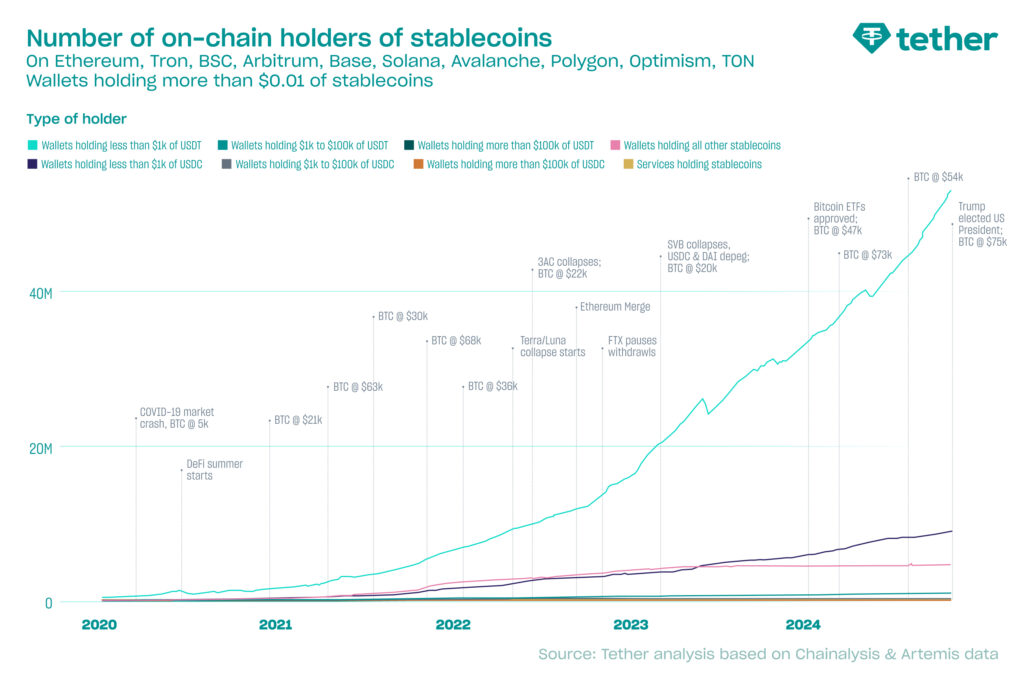Amid growing calls for regulatory clarity in the crypto sector, California Governor Gavin Newsom has made a decisive move. He recently signed into law the Digital Financial Assets Law, a bill outlining a structured framework for the crypto industry. Under this new law, the Department of Financial Protection and Innovation (DFPI) will serve as the regulatory authority responsible for crypto activities. Besides the DFPI, the law introduces an 18-month implementation window, offering flexibility for new industry trends.
Governor Newsom is no stranger to the crypto industry. Last year, he declined to endorse a crypto bill, citing its inability to adapt to industry changes. This time, Newsom seems confident that the new law will offer a balanced approach.
However, he also noted that some aspects might need further refinement. “It is essential that we strike the appropriate balance between protecting consumers from harm and fostering a responsible innovation environment,” said Newsom. This dynamic approach aims to simultaneously minimize fraud, enhance consumer and investor protections, and provide businesses with a clear regulatory path.
What this means for crypto businesses
The Digital Financial Assets Law stipulates that businesses must obtain a DFPI license to operate in the crypto space in California. Moreover, the law imposes stringent audit requirements on firms. They are required to maintain records for a minimum of five years, capturing a plethora of financial metrics. Failure to comply will result in enforcement actions, ramping up accountability within the sector. The move aligns with other proactive steps taken by California, filling a gap in a U.S. regulatory landscape marked by uncertainty and ongoing legal disputes.
The law is a marked departure from Newsom’s stance last year when he argued that federal regulations should precede state initiatives. While the federal government is exploring its options, including applying the Electronic Fund Transfer Act to cryptocurrencies, California has taken the bull by the horns. Consequently, this could herald a shift in how other states approach cryptocurrency regulation. Significantly, Newsom’s decision to pass this law demonstrates a proactive attitude towards a complex issue that the federal government is still grappling with.
Calls for regulatory clarity persist
Despite these advancements, the absence of a comprehensive U.S. regulatory framework for cryptocurrencies remains a concern. Multiple firms have already exited the U.S. market due to this uncertainty. In a notable case, Coinbase petitioned the SEC for clear guidelines after facing allegations of security rule violations. While these disputes and ambiguities persist, California’s Digital Financial Assets Law is a significant step in the right direction, promising to shape future discussions and actions in the crypto regulatory arena.
California’s move might not resolve the entire problem, but it adds a substantive layer to the regulatory narrative, one that is likely to resonate across the United States and potentially set a precedent for other states to follow. With the law set to take effect in July 2025, the crypto industry now has a focal point for compliance, offering a glimmer of stability in a domain often perceived as the wild west of finance.




